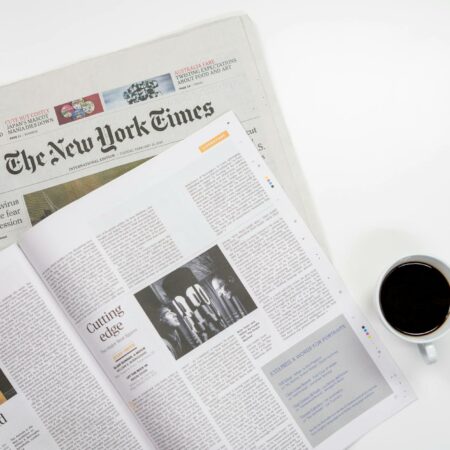A few days ago, I shared the story of a recent visit to Marlow’s Tavern. In that post, I referenced a post from Scott Stratten where a simple apology from a hotel made a big difference in how he felt about things. It reminded me of a recent stay I had in a hotel, and how a simple blame shift made the hotel look really bad.
On the way to Michigan for my grandmother’s funeral, we stopped at a Country Inn & Suites, where we’ve had enjoyable visits in the past. It was really just a minor issue at the hotel, too; the tub was full of water when we arrived, and apparently had been for days, because the shower floor was really slick when you stood up in it. We didn’t complain or anything, but I mentioned it in the email survey they sent a few days later.
Their response?

Wow! It wasn’t a big issue before, but now they made me feel pretty stupid. Did I imagine the problem? I replied back that I was pleased to have received a response at all, but to belittle my issue was a pretty insensitive move. If they had simply apologized for the issue I would have been good with it, but their questioning whether or not it was even a problem was pretty weak.
Applebee’s
 It reminds me of a visit my wife and I made to Applebee’s years ago when we lived in Dothan, AL. We tried to go there one night for dinner, but the place was full of smoke. It was awful. We emailed them to let them know about it. A few days later, a manager called. Which of the following did he say?
It reminds me of a visit my wife and I made to Applebee’s years ago when we lived in Dothan, AL. We tried to go there one night for dinner, but the place was full of smoke. It was awful. We emailed them to let them know about it. A few days later, a manager called. Which of the following did he say?
A – Sorry about that, one of our waitresses just had a baby and we all lit up cigars to celebrate.
B – Sorry about that, our ventilation system was having issues and the air in the smoking section wasn’t getting refreshed properly.
C – No it wasn’t.
It wasn’t a long phone call, but he insisted repeatedly that it wasn’t smoky in there. Period. Very odd. Had he apologized and explained the situation, perhaps we would have tried going there again in the future. With his actual response, we never went in the doors again.
You’re a human, and that’s ok
Your business is run by humans. We know that. When mistakes occur, which will certainly happen, how will you respond? Will you respond like Chrylser did when a bad Tweet went out, and fire everyone in sight? Or respond like the Red Cross did when a similar bad tweet went out, by apologizing and turning it into a win-win for everyone?
MythBusters
Another good example of a solid apology is with the MythBusters cannonball incident. If you haven’t seen it yet, the MythBusters had a cannonball go way off course, through a neighborhood, through a house (!), across a six-lane road, and then end up inside of a minivan. It was very fortunate that no one was hurt.
How did they respond to it? The hosts of the show, Jamie and Adam, went to the neighborhood and held a brief press conference. No lawyers making sure they said the “right thing”, just them giving a sincere statement. Then they met the homeowners to see the damage, and will be paying to repair all of the damage (include hotel stays, if necessary). In addition, they’ve vowed to investigate to make sure something like this doesn’t happen again. It’s exactly how they should handle it, but so many companies don’t.
When you’ve witnessed a company making a mistake, how did they handle it for you?




